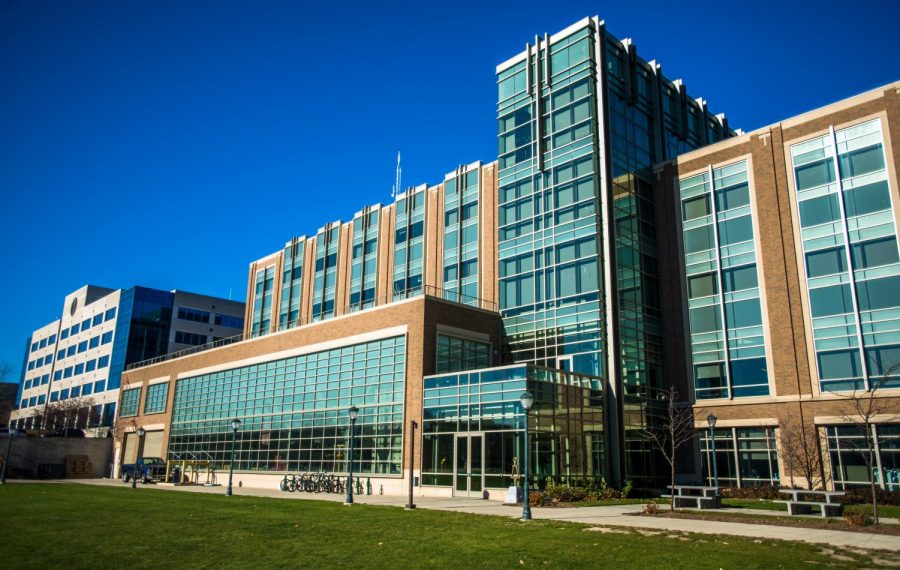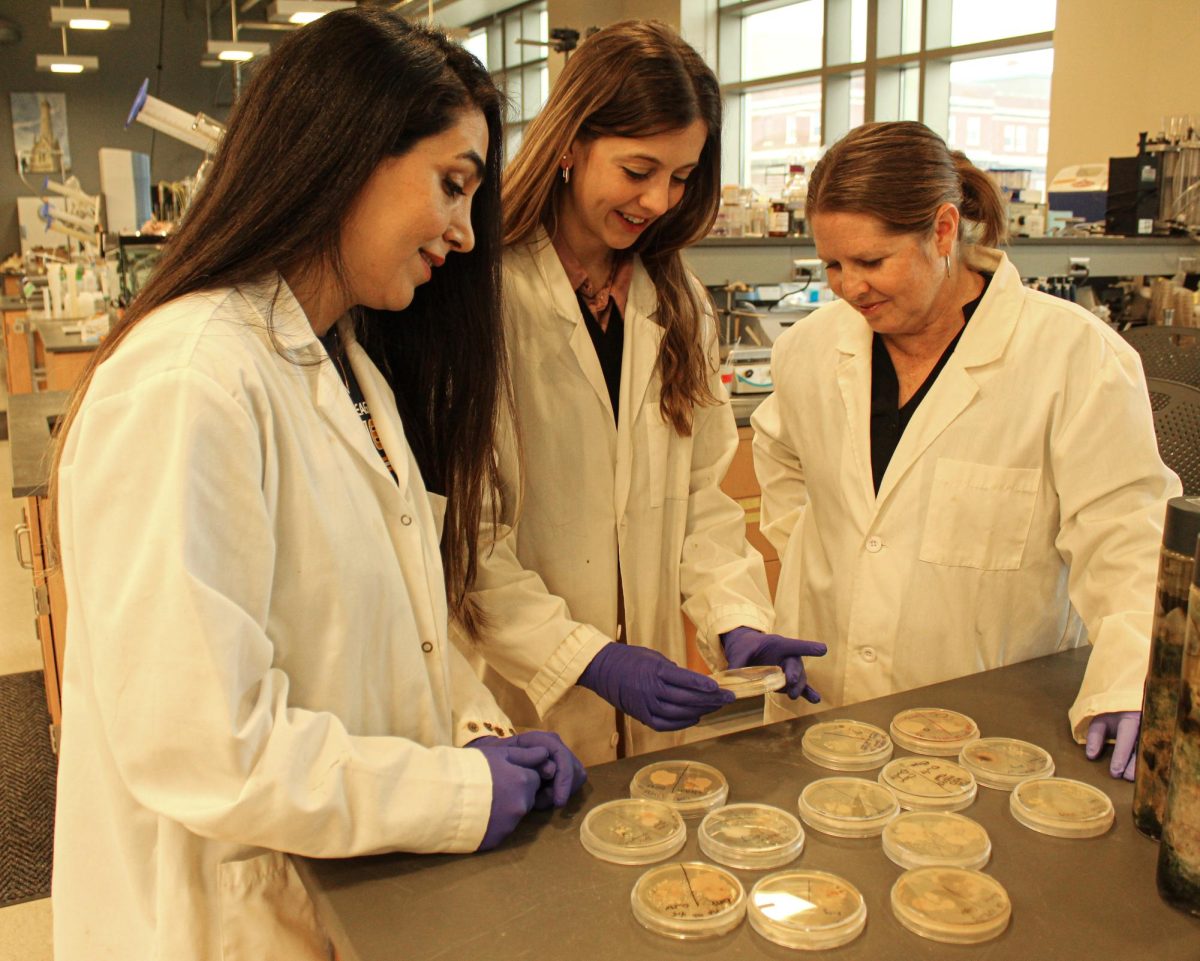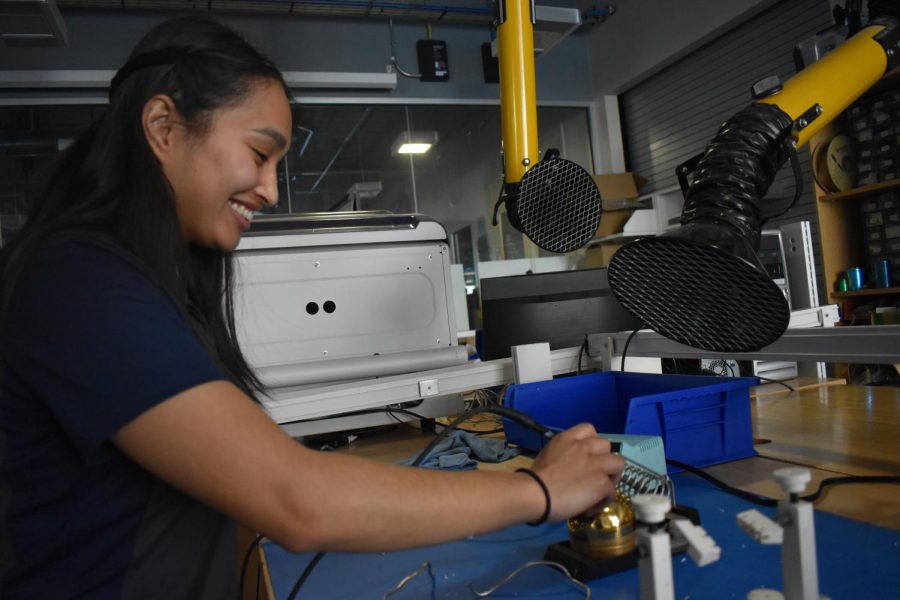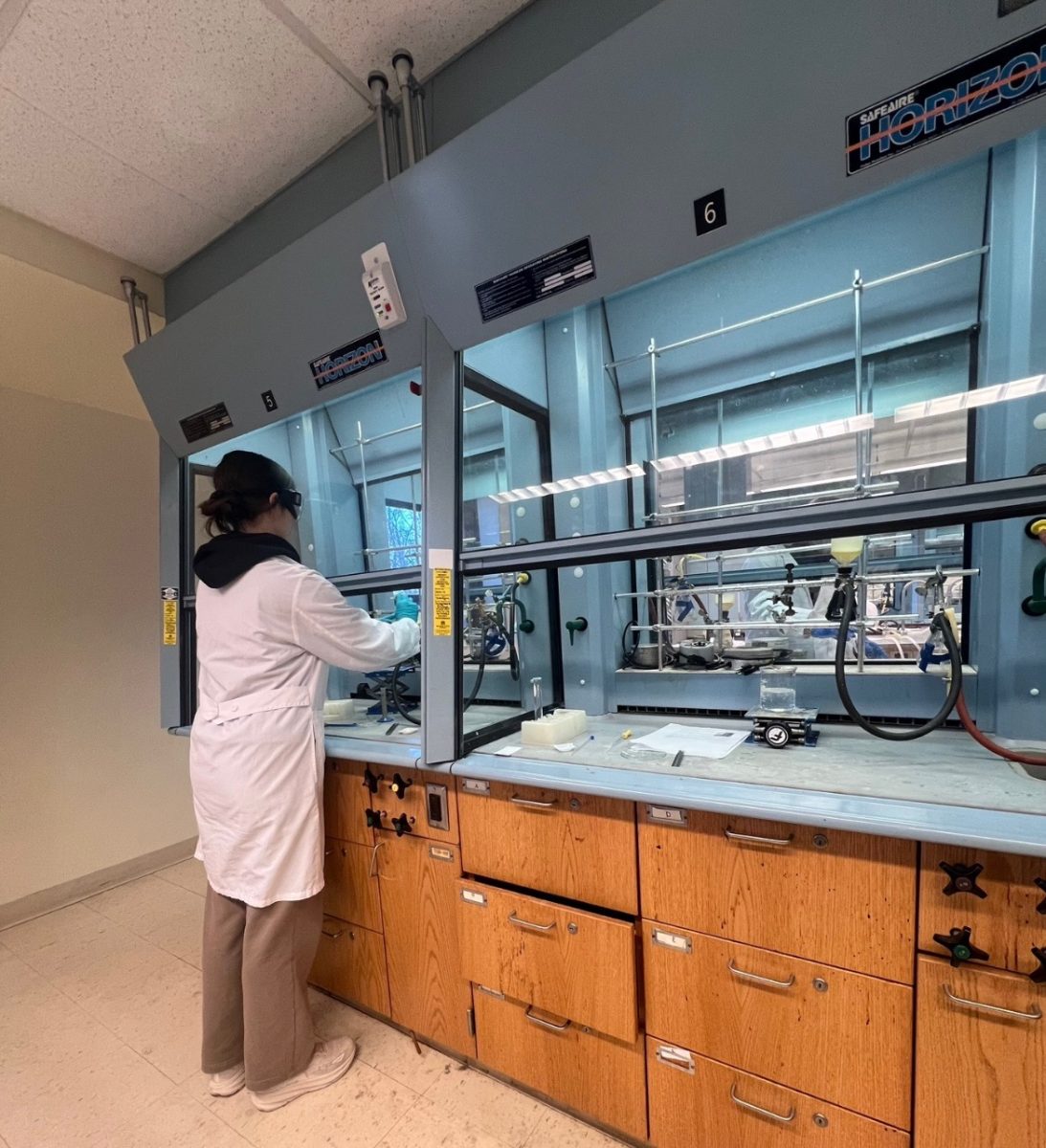A Marquette University professor has earned a $1.5 million grant from the National Institute of Health to study a congenital disease that affects about 8,000 people annually in the United States.
Associate professor of biomedical engineering John LaDisa plans to develop criteria for surgery and long-term treatment plans for patients with coarctation of the aorta, a condition that causes severe narrowing of the main artery that delivers blood from the heart to the rest of the body.
“Despite treatment, many children with coarctation of the aorta still develop hypertension. The reasons why have largely eluded researchers to date,” LaDisa said in a statement. “Our research aims to provide characterization of the different vascular alterations, why they are causing hypertension and how best to care for those affected.”
Collaborators on the grant include the Medical College of Wisconsin, the Children’s Hospital of Wisconsin, the University of Florida, Boston Children’s Hospital and Harvard Medical School.
“We are thrilled for Dr. LaDisa and his collaborators to embark on this research,” Kristina Ropella, dean of the Opus College of Engineering, said. “Their discoveries will bring awareness and understanding to this type of congenital disease, ultimately allowing for better care and treatment of those in need.”
NIH is the largest provider of public funds for research in the world, investing more than $32 billion annually to enhance life and reduce illness and disability.











